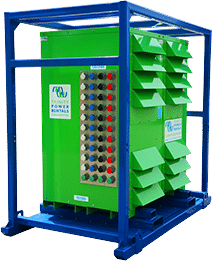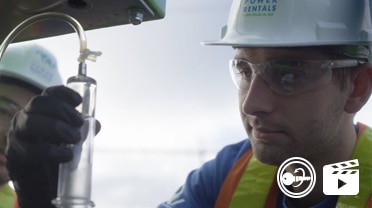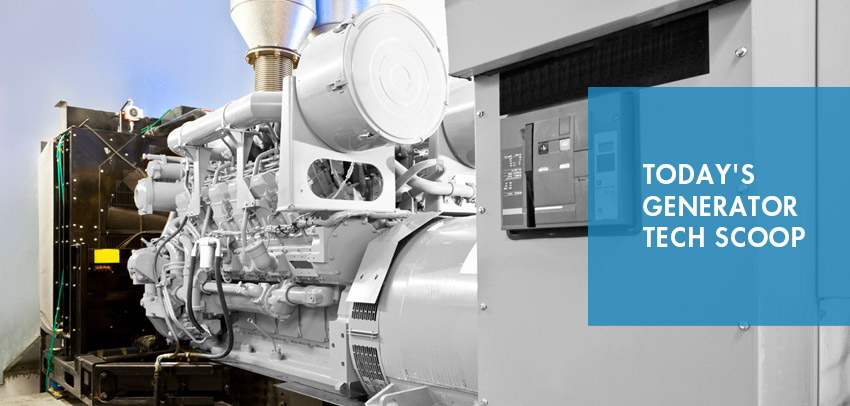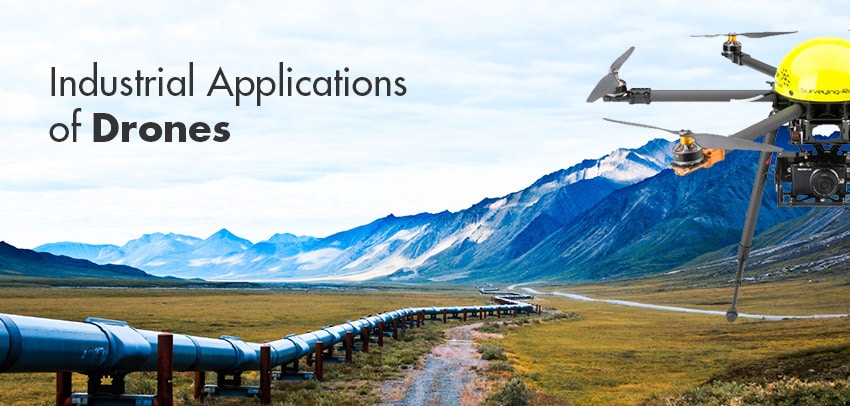- OUR APPROACH
-
COMMITTED TO YOUR SUCCESS
Our approach, developed over decades of experience, is fine-tuned to get the results you want.
We deliver concept-to-completion solutions, designed by temporary power specialists with access to the largest inventory of high-quality power generation and distribution equipment in North America.
-
- Equipment
-
RENTALS
From a wide range of diesel and natural gas generators to transformers, cable, light towers and more, our large rental fleet and extensive vendor network ensure we’ll have the temporary power equipment that your project requires — every time.

-
- Industries
-
INDUSTRIES WE SERVE
For nearly 20 years, we have been at work powering projects across Canada’s industrial sectors.
Select from this sampling of industries to learn how we can put our expertise to work for you.
VIEW ALL- Projects
- About
-
A PROUD HISTORY. A BRIGHT FUTURE.
From our inception in 1998, we have been building our team on a foundation of excellence. Our team members’ passion, expertise and commitment are what have allowed us to grow into a national company with projects across Canada.
Click on the links to learn more about our history, our team or our career opportunities.
- Blog
- Contact
-
When it comes to green technology, people rarely see eye to eye, and biodiesel is no exception. A couple of years ago, a British newspaper article slammed biodiesel, calling it, “a disaster,” while a Natural Resources Canada website lists its environmental and economic benefits.
But even within the biodiesel industry in Canada, opinions about the future of the fuel are varied. We spoke with two industry experts to find out: Is biodiesel in Canada dead?
The Experts
Peter Wilken is the Director of Vancouver-based Biocube: a portable technology that processes biodiesel on-site from whatever feedstock (starter material) is available. With the right feedstock, the Biocube can produce B100-quality biodiesel. That is, biodiesel can be used just like regular diesel, without any engine modifications.
Ian Thomson is the president of the Advanced Biofuels Canada. He has been active in biofuel for nearly 15 years, and one of the first people to get biodiesel use into big transportation fleets in BC. His work has revolved around both increasing biodiesel production in Canada and creating a greater demand for it.
Biodiesel Production and Consumption
According to Wilken, biodiesel production in Canada is hampered by one crucial factor: US subsidies. “The Canadian biodiesel industry just can’t compete when effectively, the US gets a 35% handout,” says Wilken of the grants, subsidies and other policies that American biodiesel producers benefit from. “It’s crazy. We have all the resources at our fingertips,” says Wilken, “And yet it is all exported. We have no processing industry of any note.”
Wilken sees biodiesel consumption in Canada in a similarly pessimistic light, explaining that biodiesel is difficult to obtain, and is often present only in very low percentage blends: typically 2%.
Thomson holds a different view. “[Biodiesel use] has increased hugely,” in recent years, he says. “In 2006, we might have seen renewable content in diesel maybe at 5 million litres (I don’t know what the numbers are -it was tiny), and today it’s well over 200 million litres. So in the last 10 years, it’s grown 20-fold.”
And Thomson sees the trend continuing. “Biodiesel and renewable diesel — which is a different type of renewable diesel fuel—their numbers are going up and up,” says Thomson. “And they will continue to go up as policies that require low carbon become increasingly demanding.”
Provincial and Federal Policies
Both Thomson and Wilken agree that government policy significantly impacts biodiesel. However, they differ in their opinions about the effectiveness of current policy.
“Policy needs to change dramatically, and fast,” says Wilken. “We’re a Canadian company,” he says of Biocube. “We’d love to be able to demonstrate our machine here, but it’s easier to demonstrate our machine in India, Australia and the Congo than it is in Canada.”
“Basically government policy has killed biodiesel in Canada,” asserts Wilken. “There is no match for the US credits.” Further, Wilken explains, the blend mandates we do have (currently at 2%, federally) aren’t properly enforced. “Have you ever heard of anyone being fined for not meeting their biodiesel blend mandate?”
Thomson is much more optimistic. “When we meet with provincial and federal governments right now, and they’re looking at how to take greenhouse gases out of fuels and achieve greenhouse gas reductions, biofuels are a significant part of their planning because there are limited options,” Thomson explains.
“We’ve got a number of governments that have made very clear statements around the ability to use more biodiesel than we use right now, so I think you’re going to see that in provincial and federal regulations coming out in the next year.”
Looking Forward
As governments continue to look for ways to reduce emissions, Thomson foresees that biodiesel use will continue to grow in Canada, primarily in the transportation sector (According to Thomson, widespread use of biodiesel in power generation is unlikely due to the number of other available options). “I think that there’s agreement amongst those people who are advocating for climate change that fossil fuels and transportation in Canada now is the single largest source of greenhouse gases,” says Thomson, “and biofuels are still one of the most practical, if not the most practical way to reduce emissions.”
Wilken is more cautiously optimistic, noting that, “It can’t be any worse.” He adds, in reference to the new Federal Liberal government, “I think that there is a much more strong likelihood that we will see meaningful movement towards…reducing fossil fuel consumption, and generally encouraging renewable fuel.”
Related Articles
Subscribe for access to exclusive content
"*" indicates required fields




















